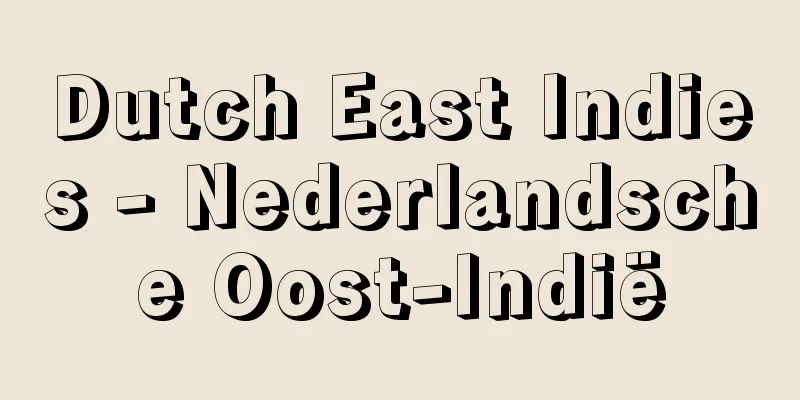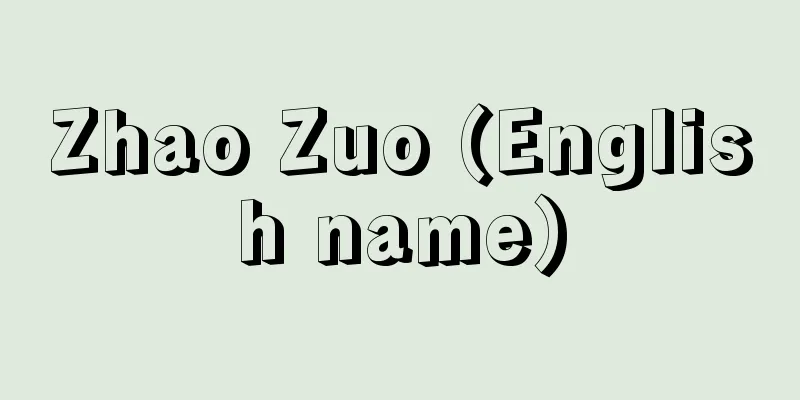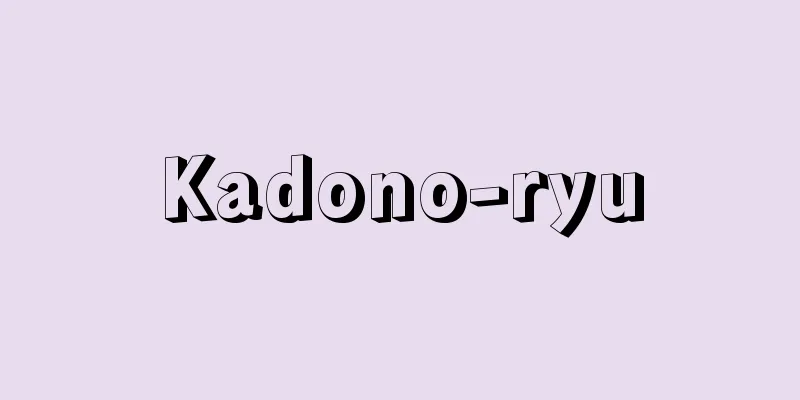Dutch East Indies - Nederlandsche Oost-Indië

|
Names of Indonesian regions during the Dutch colonial period (1602-1945) In 1596, a Dutch fleet arrived in Banten, Java, and in 1602, the United East India Company was established. In 1619, the Dutch East Indies Governor, Coen, built Batavia (now Jakarta), and was given a monopoly on its presence there. At its peak, the company operated 36 trading posts in Asia. At first, the company placed more importance on trade than territorial interests, but it intervened in the succession of the thrones of Banten and Mataram, and took possession of Java, Celebes, Sumatra, and the Maluku Islands, exploiting them through tax laws such as contributions in kind and forced shipments. However, after the company was dissolved in 1799 due to poor management, the East Indies became a direct territory of the British government. During the Napoleonic Wars, the British occupied the area for a time (1811-16), but it was returned after the war. Later, in 1830, in order to save the financial situation of the East Indies and the home country from worsening, Governor van den Bosch introduced a forced cultivation system, which caused hardship for the residents. This system caused resentment among the natives, and was largely abolished in 1870, with the exception of coffee. In the 19th century, the Netherlands successively colonized New Guinea, Borneo, and other areas, and after winning a war against the Aceh Kingdom in northwestern Sumatra, completed the Dutch East Indies in 1904. A nationalist movement also began around this time, and after Japan's surrender in World War II, Indonesia declared independence as the Republic of Indonesia in 1945. Source: Obunsha World History Dictionary, Third Edition About Obunsha World History Dictionary, Third Edition |
|
オランダ統治時代(1602〜1945)のインドネシア地域の名称 1596年オランダ艦隊がジャワのバンテンに入港し,1602年連合東インド会社を設立。1619年オランダの東インド総督クーンがバタヴィア(現ジャカルタ)を建設し,独占権を与えられて駐在,盛時にはアジア方面で36の商館を経営した。当初は領土的関心よりも貿易に重点をおいたが,バンテン・マタラム両国の王位継承に介入してジャワ本島・セレベス・スマトラ・モルッカ諸島を領有し,現物供出・強制出荷という税法で搾取を行った。しかし,1799年経営不振で会社が解散したのち,東インドは,本国政府の直轄領となった。ナポレオン戦争中,一時イギリスが占領(1811〜16)したが,戦後返還された。その後,本国と東インドの財政悪化を救うため,総督ファン=デン=ボスによって,1830年強制栽培制度が導入されて住民を苦しめた。この制度は原住民の反感をかったため,1870年にはコーヒーを除いておおむね廃止された。なお,19世紀にオランダは,ニューギニア・ボルネオなども順次植民地とし,スマトラの北西部のアチェー王国との戦争に勝利して,1904年にオランダ領東インドを完成させた。このころから民族運動も始まり,さらに第二次世界大戦での日本降伏後,1945年インドネシア共和国として独立を宣言した。 出典 旺文社世界史事典 三訂版旺文社世界史事典 三訂版について 情報 |
>>: Netherlands Antilles - Netherlands Antilles (English spelling)
Recommend
Monsieur Hulot (English spelling)
... He was a music hall entertainer who started o...
NAWSA - N.A. Double S.A.
…On the other hand, L. Stone, who recognized that...
"Christian Agricultural Poem"
…In “Mourning for the Primroses” (1901) and “A Gl...
Molluginaceae
…It differs from the garnet in that it has four t...
Caribou - Caribou (English spelling)
A mammalian animal of the order Artiodactyla and ...
Gujo Domain
A small-to-medium-sized Fudai domain with its head...
Sociology of education
Sociology of education is a subfield of sociology...
White Cloud View
A monastery (head temple) of the Longmen sect of ...
Zokki book - Zokkibon
A slang term for discounted books. It is also cal...
Ecdysterone
...The name is a compound word of ecdysis (moltin...
Syrinx
...The Chinese herbal medicine rokon (common root...
alpinist
〘 noun 〙 (alpinist) A person who climbs the Alps i...
Kibi Plateau
An elevated peneplain that stretches from east to...
Jewett, FB (English spelling) JewettFB
…As chairman of the Advisory Committee on Aeronau...
Greyhound Lines Inc.
...A holding company that owns the largest bus op...


![Sekinomiya [town] - Sekinomiya](/upload/images/67cc033be2669.webp)






